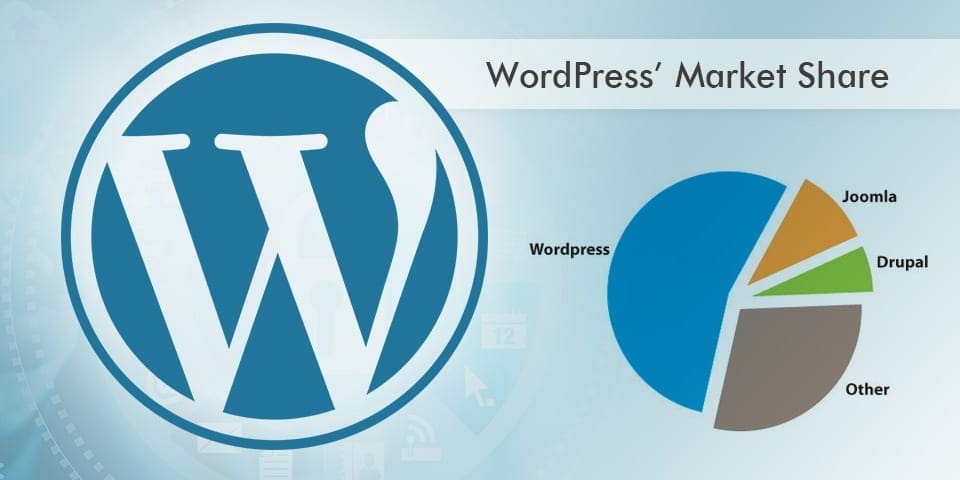As a website owner, you can add third-party scripts to your website with just a few lines of code and accomplish useful features making it more interactive, dynamic, and interlinked. Features like analytics, ads, social media sharing buttons, video embeds, support ticketing system — they’re all possible with the third-party scripts. Some of these features could be essential for your website’s functionality or monetization. The applications of third-party scripts are limitless and if you use them without proper knowledge and required caution, they can cause serious damage to privacy, security, and page performance.
While these third-party scripts are important, they are also the leading resources of performance slowdowns on websites as they hamper the page load time.
Almost every website uses third-party scripts to add various functionalities. A few of their most common uses are:
- Embedding videos (e.g. YouTube, Vimeo)
- Adding social sharing buttons
- Adding chat widgets
- Embedding comment systems (e.g. Disqus)
- Enabling web analytics (e.g. Google Analytics)
- Embedding advertisements
- Content Delivery Networks (CDNs)
- Experimenting with A/B testing scripts
- Adding libraries for animation, interactive effect etc.
As they are not created by you, nor explicitly controlled by you, and are served from an external URL, you are most likely having to live with the consequences of the impact they make to your website speed. However, there are things you can do to minimize the adverse effects of these embeds and maintain your website speed…
Delay third-party scripts loading
If you find any third-party scripts slowing down your website, you can load them using HTML’s async or defer attributes to avoid their negative impact on your page load. You might find this too technical to understand. Ask your developer to implement this.
Self-Host Third-Party JavaScript Files
You can try hosting third-party scripts to your server which will give you more control over how they’re loaded. It helps reduce DNS lookup, improve HTTP caching headers and use advanced features such as HTTP/2 server push. You have to be careful as self-hosted scripts can go outdated as you use them for a long time and may not work as envisioned. So you will have make sure that these libraries are updated on your server if you are hosting them internally.
Remove if not useful
If a third-party script doesn’t serve value to your website or users, then consider removing it. Many WordPress themes and plugins load a lot of unnecessary scripts that you may never use. These scripts will add unnecessary burden to your website load time and also increases DNS lookup. Identify these scripts and remove them completely from your code.
Lazy-load Third-Party JS
If embedded third-party elements such as ads and videos are delivered via poorly optimized sources, it will add a lot of stress to your website. You can lazy-load these embedded resources to speed up your page load. For example, if you’re serving ads in the footer of your website, you can lazy-load them so that they’re only loaded when the user scrolls down the page.
—-
Third-party resources have become an essential part of most websites today. It is difficult to avoid these resources as some of them are critical to your site’s functionality, user experience, or revenue stream. The fact of the matter is that you don’t have control on how third-party scripts executes on your website as you have no access to the source code.
It might be overwhelming to understanding the performance impact of third-party scripts and how you can manage them. You can consult an expert like WordPromise to help you regain control over your page load performance.





